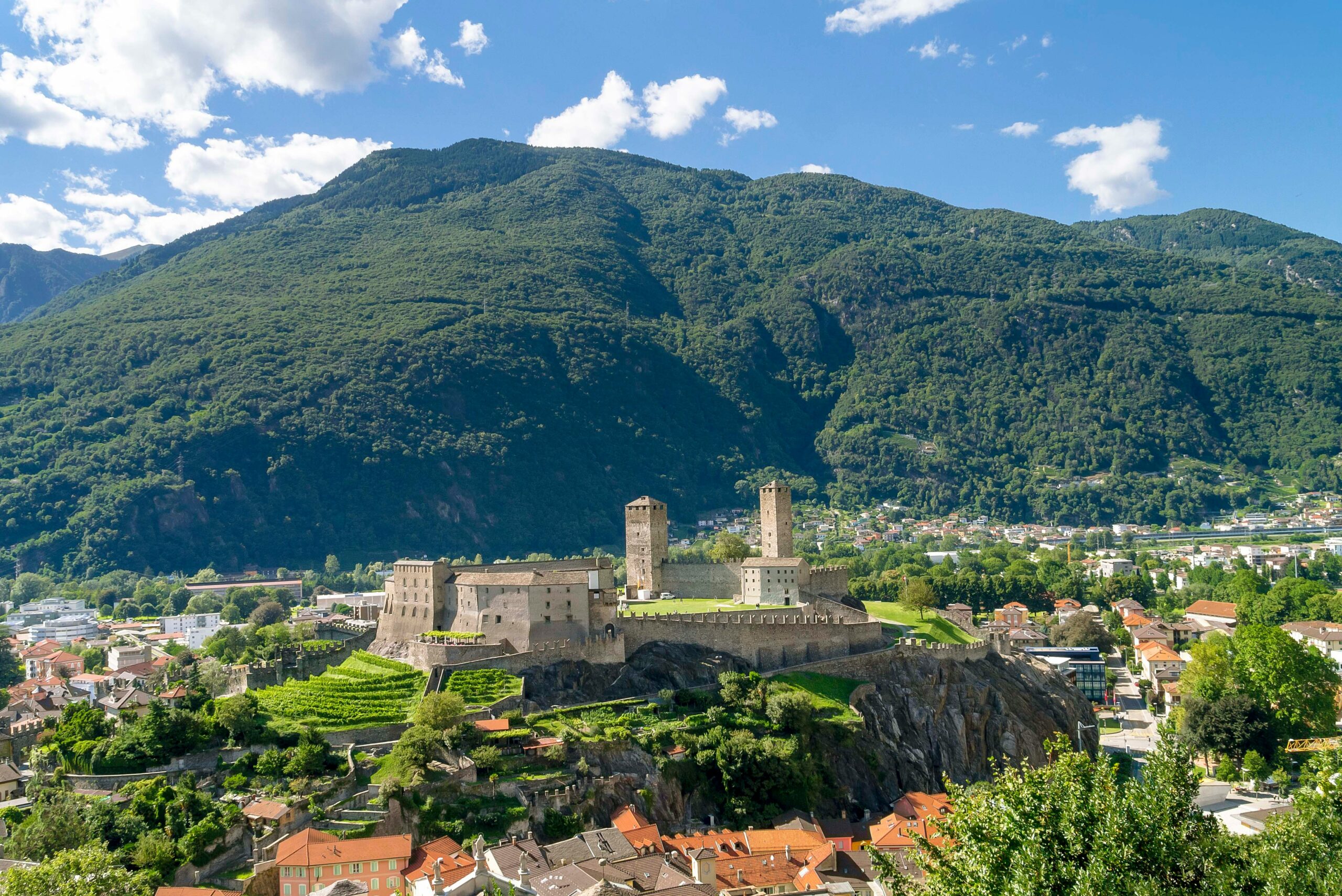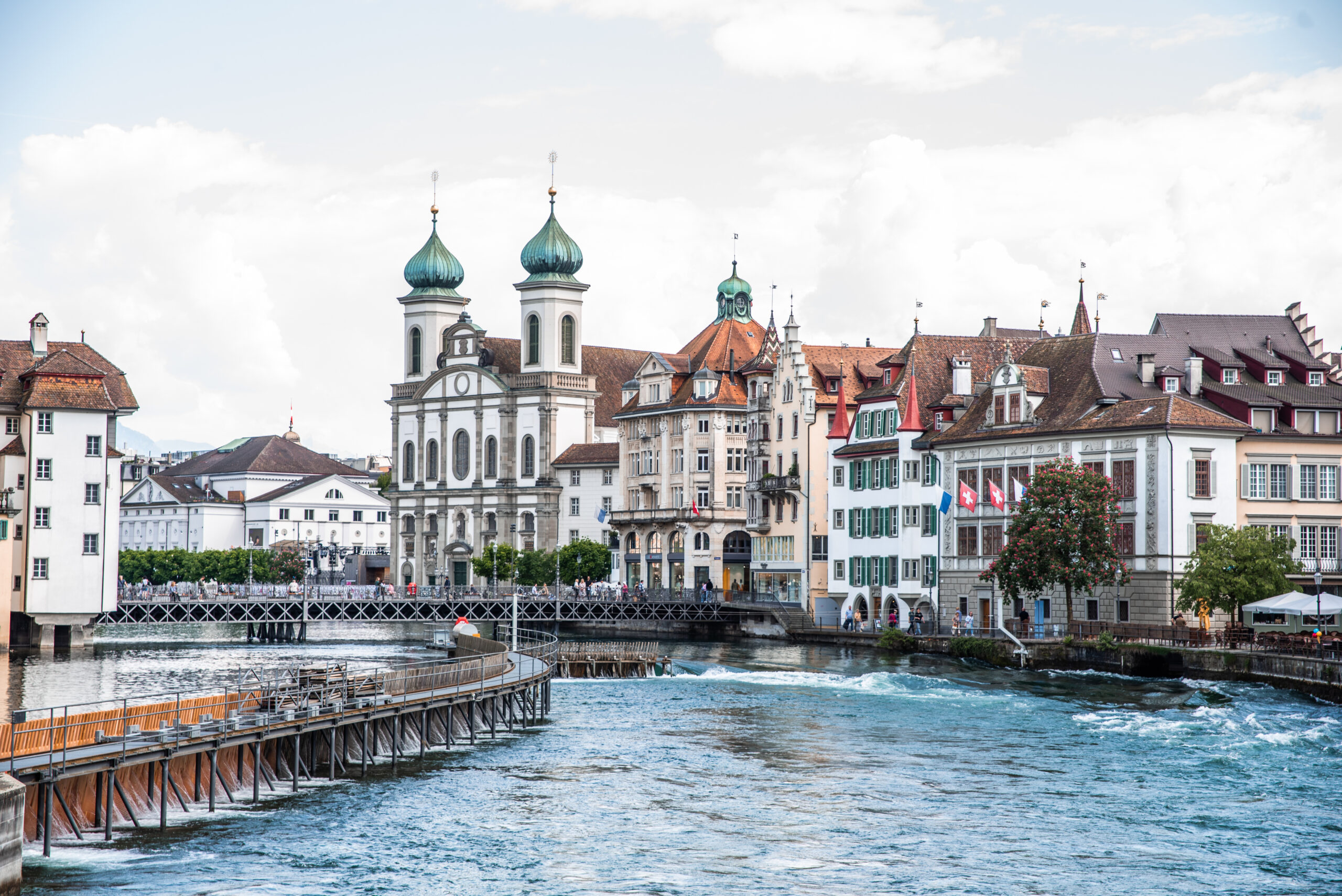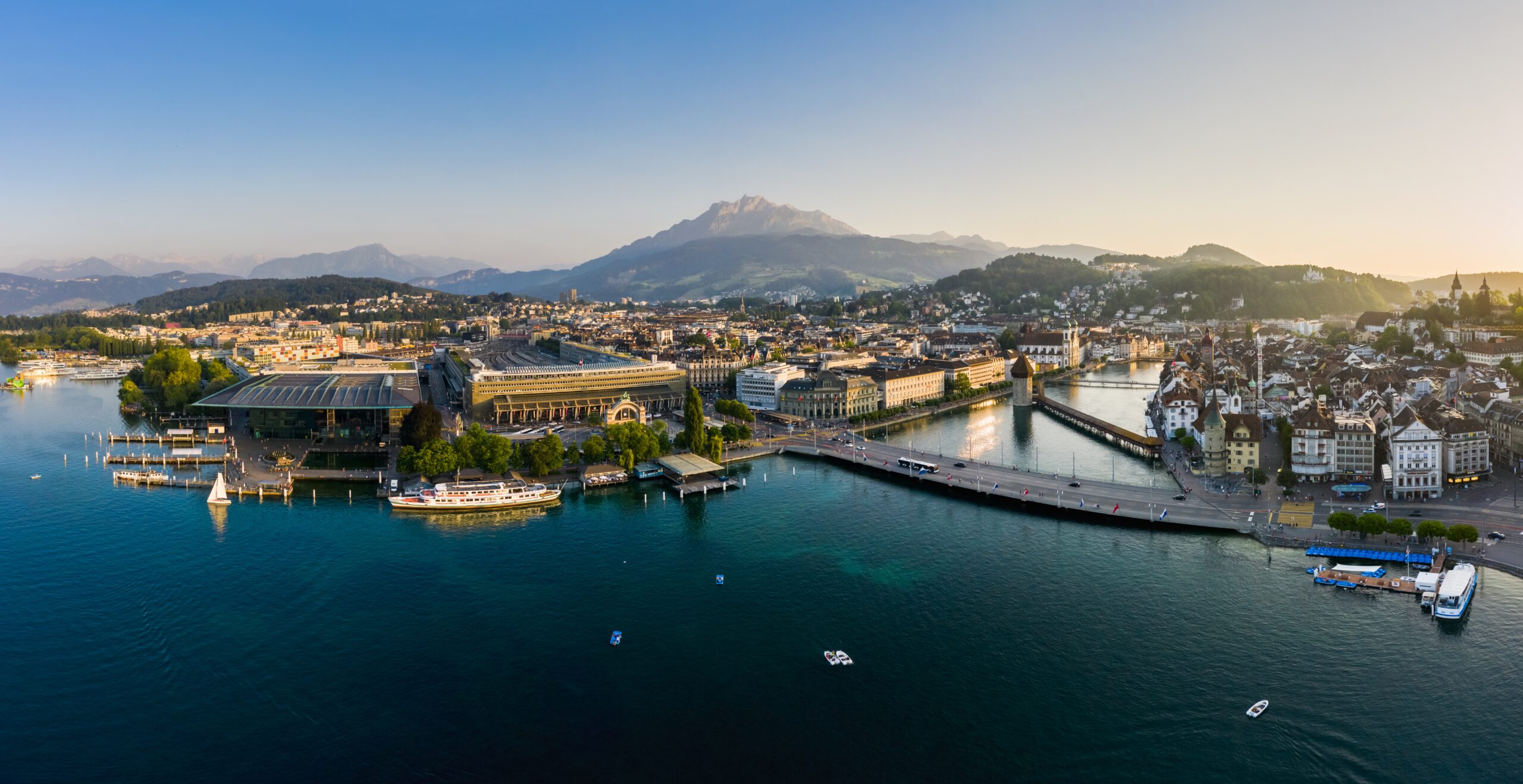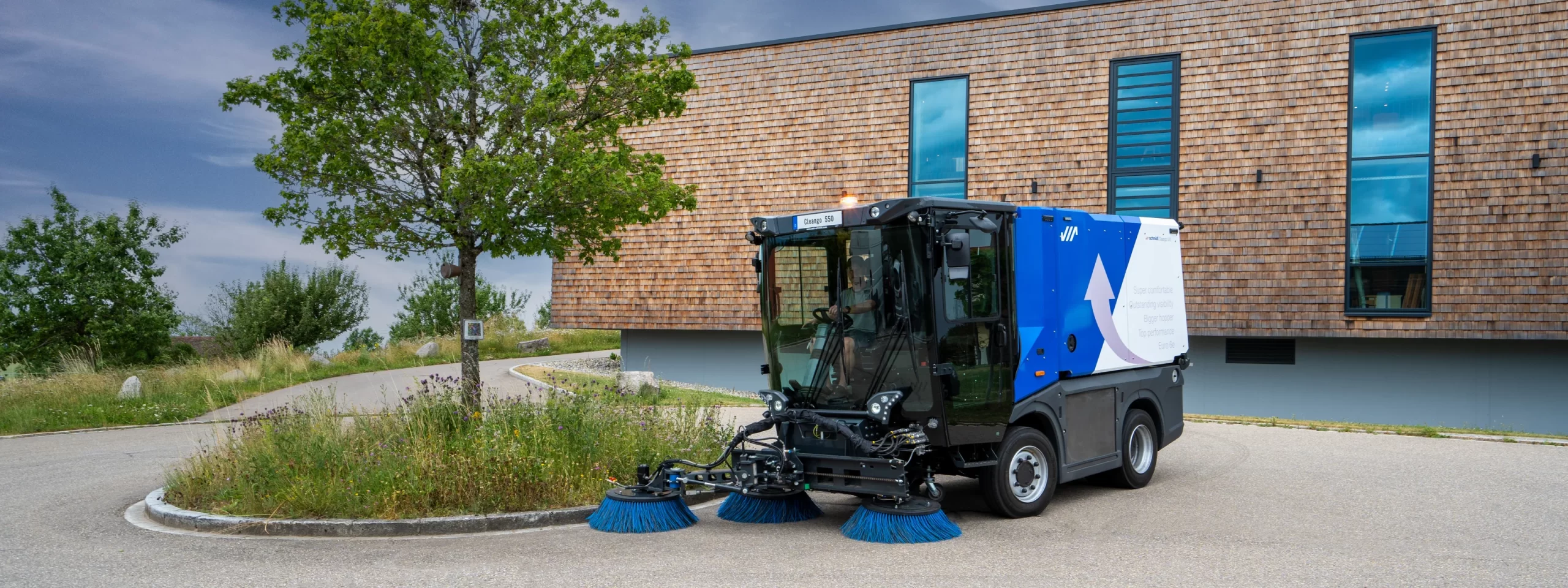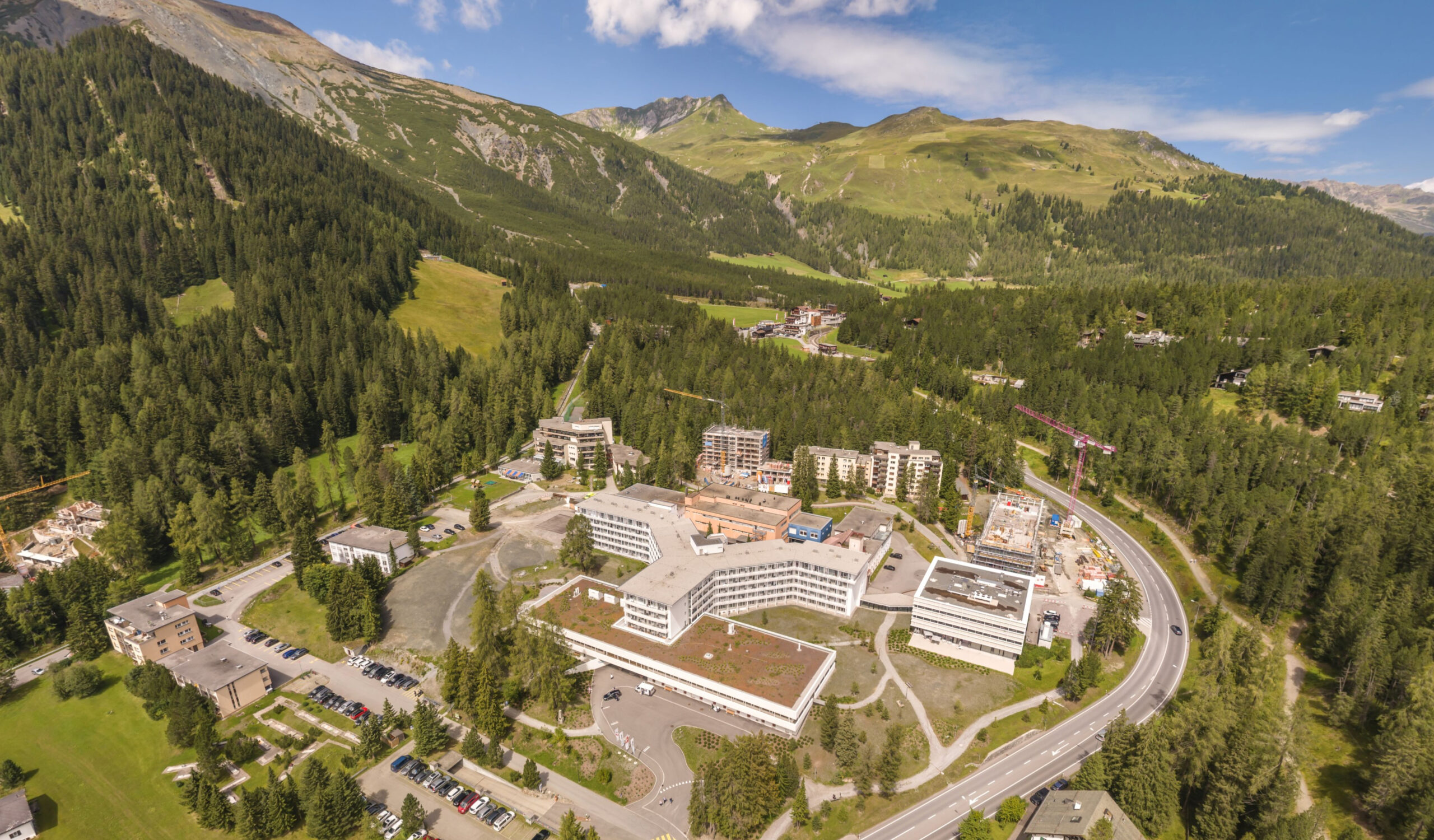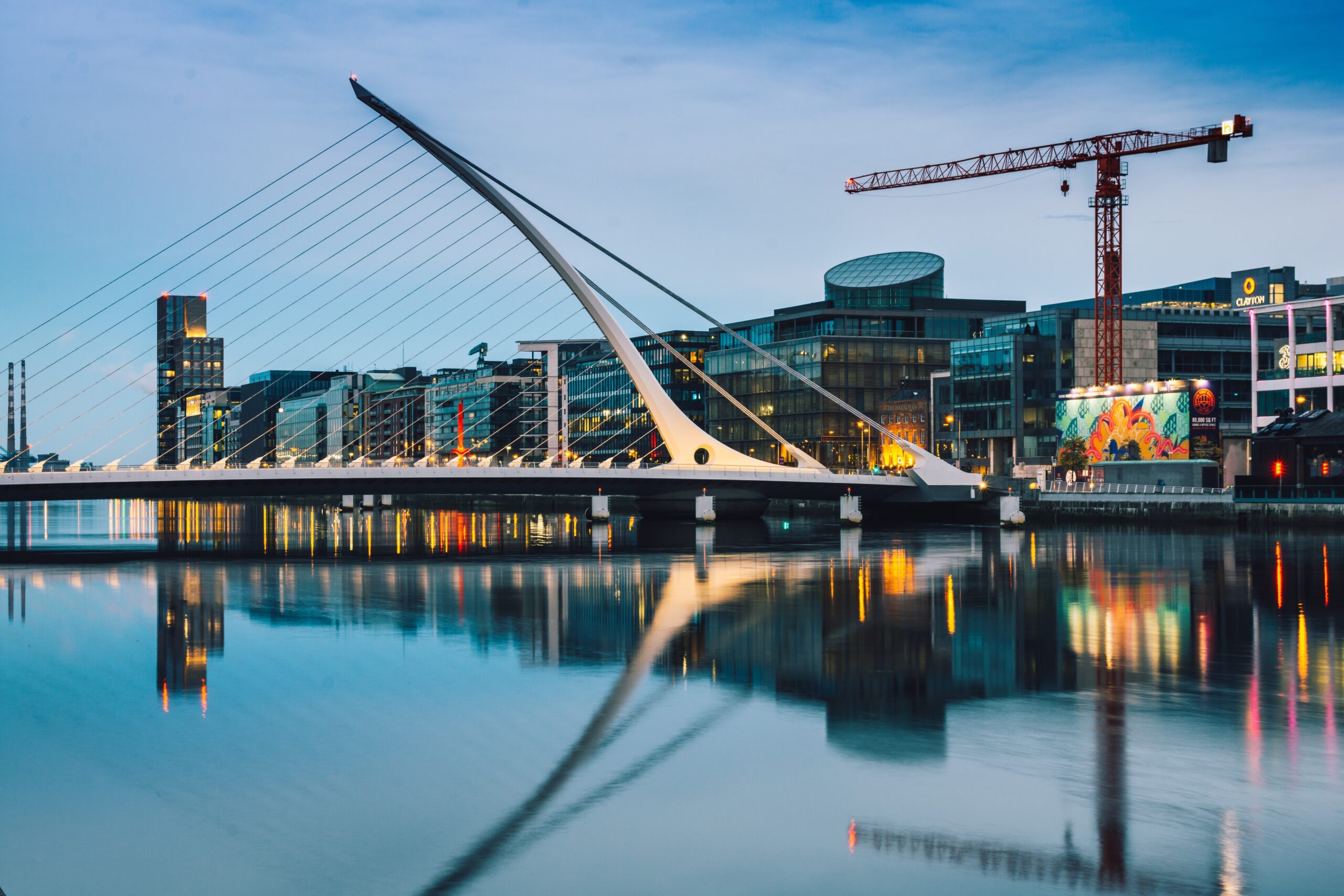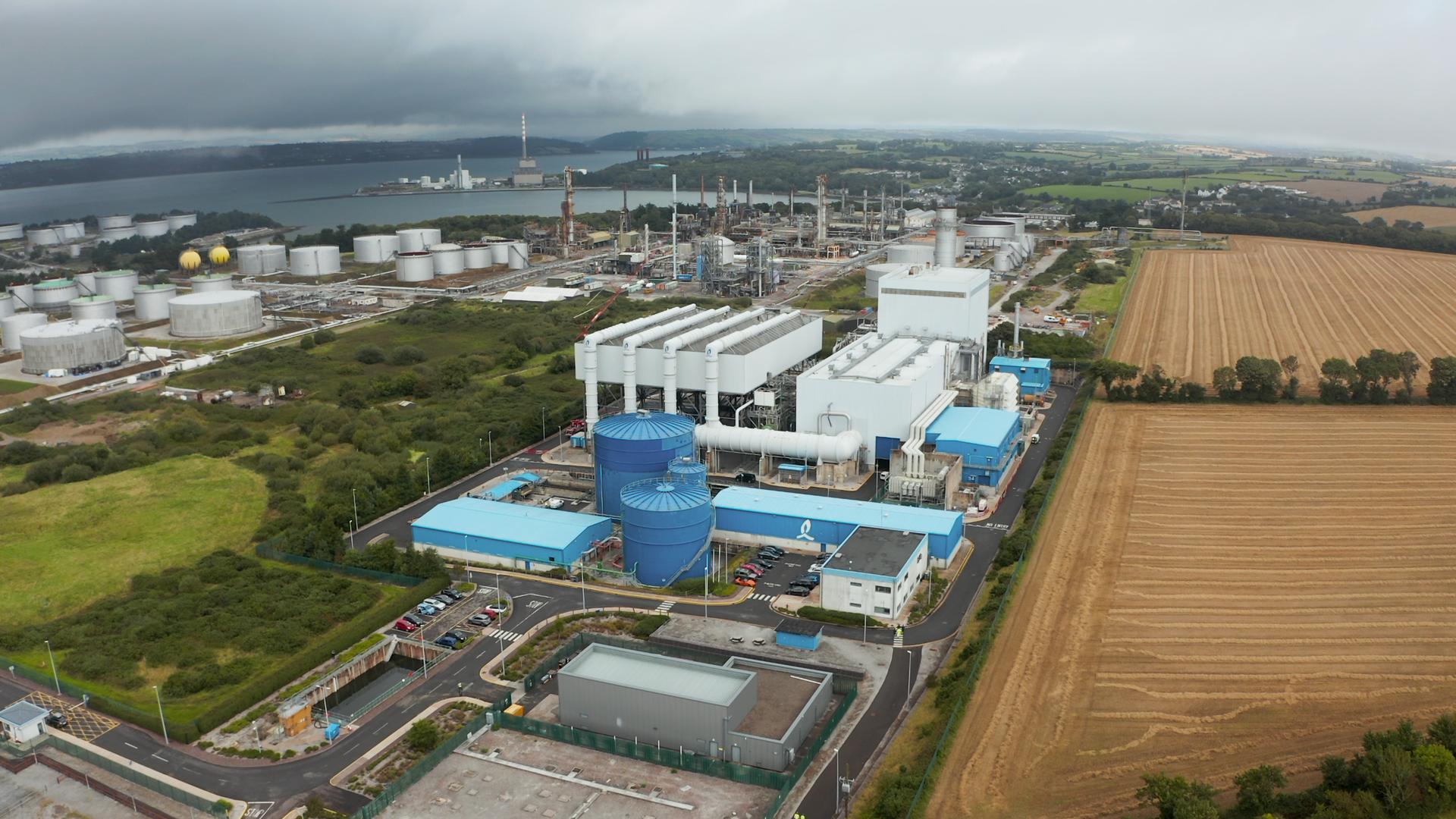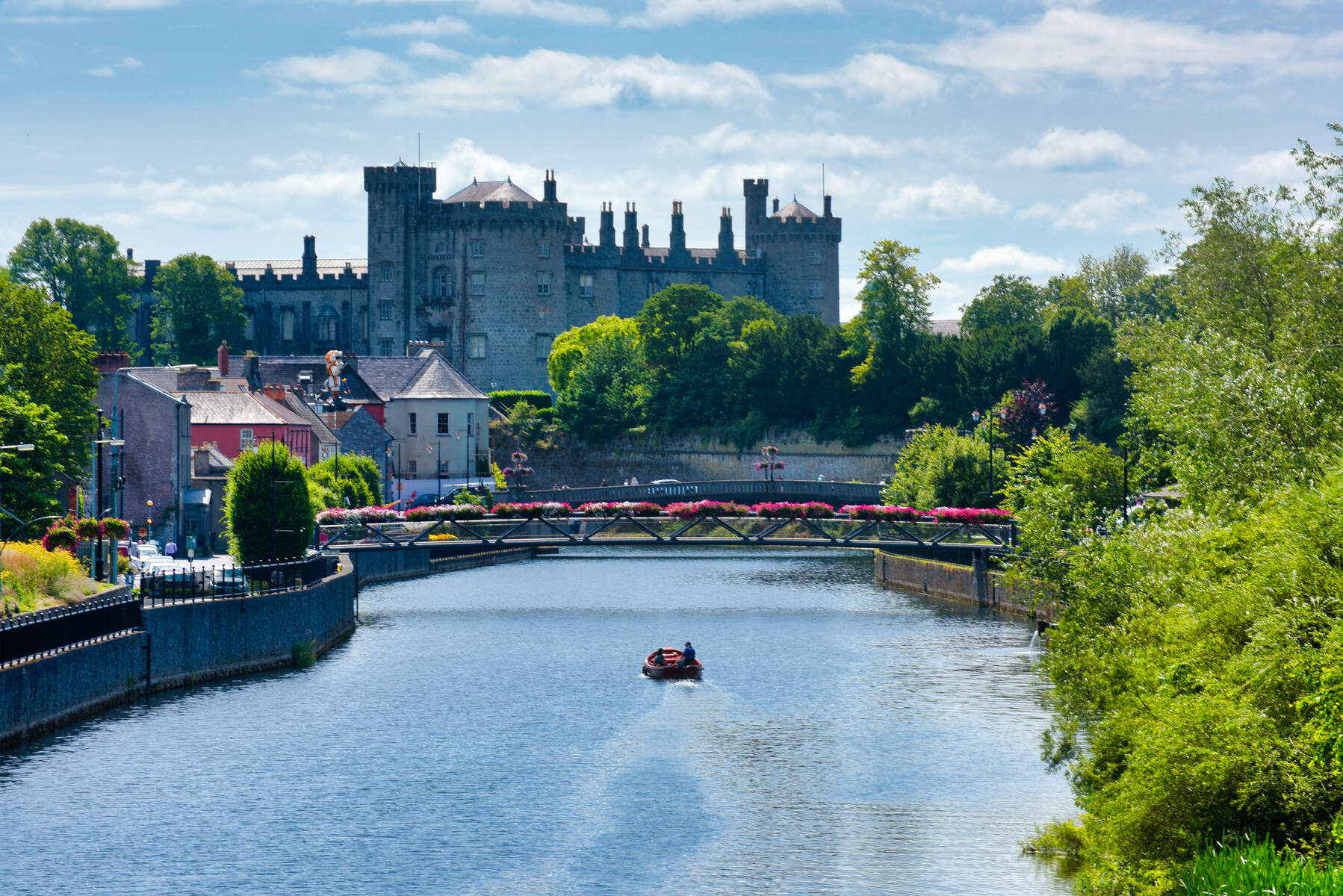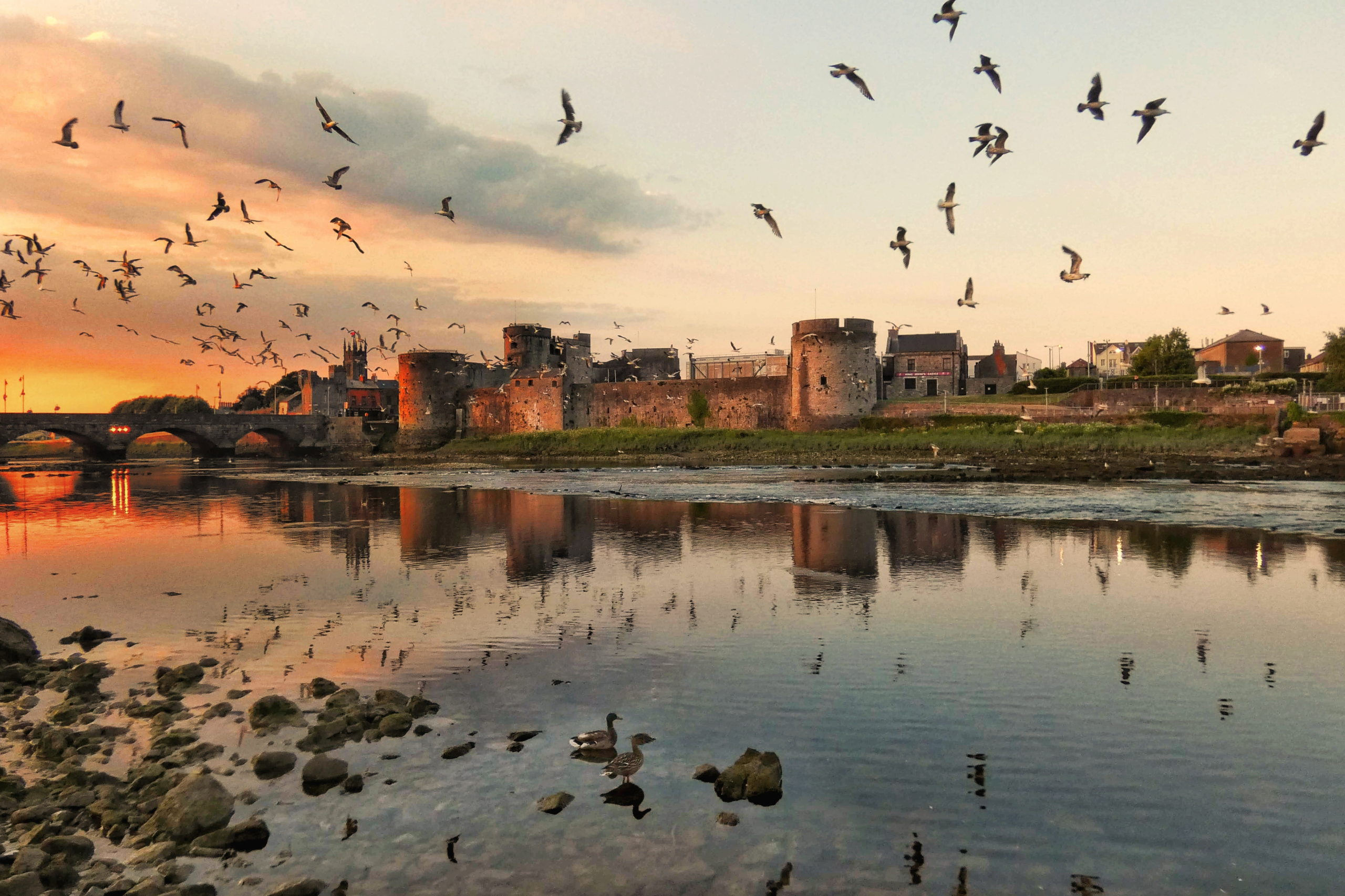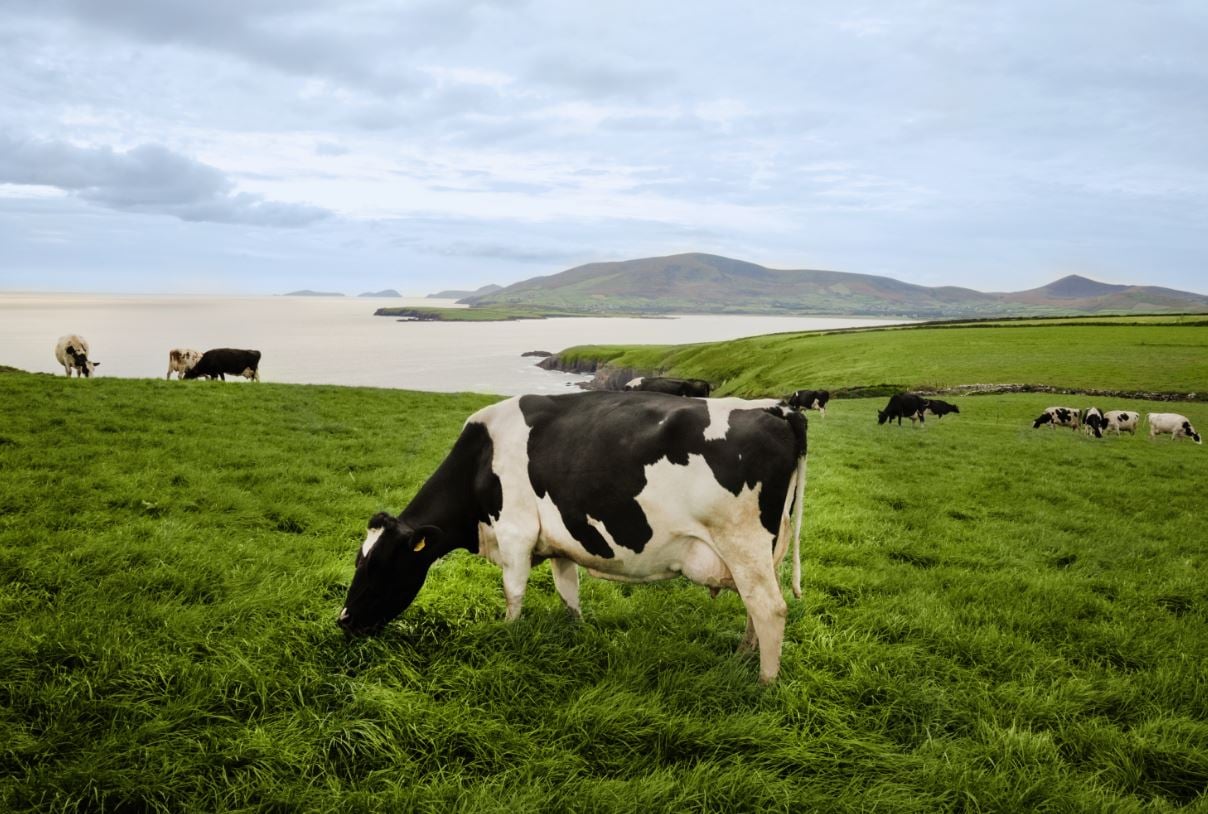Local demand for global financial services is limited. The banking sector makes up 90% of assets within Latvia’s financial system. The insurance sector represents 2.4% of assets while the State-funded pension scheme around 5%. Banks dominate the financial sector of Latvia, and Scandinavian banks have the dominant share of the domestic market. Latvia’s financial sector has a strong international reputation as a financial hub primarily in Russia and CIS countries. Maintaining an equilibrium between increased anti-money laundering obligations and an increasingly competitive international banking market will be a crucial challenge for Latvia’s financial sector. A key development for 2018 is that Estonia, Latvia and Lithuania plan to create a pan-Baltic capital market. This will boost financial services while increasing liquidity and investment. The move is backed by the European Commission and The European Bank for Reconstruction and Development (EBRD).
Banking: During the first eight months of 2017, the Latvian banking sectors assets totaled over EUR 28 000 million, seeing a slight increase compared to the same period last year. Banks recorded substantial profits in 2017, even though deposits were down by just over 5%. According to the Financial and Capital Market Commission (FCMC), the Latvian banking sector operated with profits of EUR 243.9 million in the first nine months of 2017.
Liquidity ratio stands at nearly 65%, and the total capital ratio is double the regulatory minimum. The banking sector’s aggregate loan portfolio is slowly growing and totaled EUR 14 500 million in September 2017. The banking sector employs over 9 000 people.
According to Ieva Tetere CEO of SEB Latvia, Latvia’s financial sector has been quite stagnant over the past few years, and has, only recently experienced constant growth.
In 2016, there were 16 banks and 7 branches of foreign banks operating in Latvia, down from 61 in the late 1990s. In 2017, the European Commission approved the merger of Nordea and DNB. According to the Latvian Association of Commercial Banks (LACB), Nordea Bank was the fourth largest bank in Latvia in 2017, and DNB Bank the seventh. The newly created entity, Luminor Group will face fierce competition from SEB Bank and Swedbank.
Foreign banks have been shifting their banking structure in the Baltics, and some have exited the Latvian market quoting small growth potential in an already saturated market. Latvian banks, in general, have a limited presence overseas.
The banking sector benefited from Latvia’s accession to the EU in 2004 and was deeply affected by the global financial crisis of 2008. In the years from 2004 until 2007 there was tremendous growth in the finance sector with an average of 50% annual growth in loans. However, the financial crash in 2008 led to significant financial losses due to the value of loans that banks were accountable for. This lead to the collapse of Latvia’s largest bank, Parex bank, which focused on non-resident deposits. The government, in turn, had to borrow funds from the IMF for a bailout. Since 2010, banks have seen a resurgence in their operations and continue to play a significant role in the finance sector.
Latvia’s banking sector is neatly divided into two segments; Resident and Non-Resident banking. Banks in the country focus on specializing on one of these two major segments. International banks, mostly from Scandinavia, and their Latvian subsidiaries dominate the resident banking sector. These foreign bank subsidiaries have a solid reputation and attract domestic clientele through their innovative use of e-services. They focus on offering domestic banking services including private banking, providing loans, and making deposits. They, therefore, lead the banking sector in resident loans and deposits. Assets from resident accounts reached EUR 19 400 million in 2016.
The second segment is non-resident banking lead by domestic privately owned banks. Latvia’s stable economy, the low taxes and a large pool of Russian speaking financial professionals have contributed to the creation of a reputable financial hub for Russian and CIS residents. Over the past decade, most Latvian banks catered exclusively to foreign clients. Nearly half of deposits in Latvian banks are from non-residents. Foreign deposits in 2016 were close to EUR 10 080 million.
According to Robert Idelson, CEO of Signet Private Bank, the financial sector has undergone an enormous transition and five years from now will look drastically different. Idelson highlights that most non-resident banks are moving to new models and each institution has focused on a different niche. Following global financial hub trends, Idelson views private banking and asset management as the areas with most potential.
Latvia’s financial center still needs to catch up to speed with other global financial hubs such as Switzerland, Luxembourg, and London concerning products offered. However, Idelson believes Latvia’s financial sector has an advantage over traditional hubs due to its stability and proximity to the Eastern markets.
Cleaning Up: Latvian non-resident banking has been linked to money laundering originating from Russia and CIS states. Three Latvian banks were connected to the US 1 000 million disappearing from three Moldovan banks in 2014. This represented 12% of Moldova’s GDP. In January 2016, US Congress discussed the international transactions of Latvia’s financial sector which represented one percent of global US dollar transactions. A warning from US authorities and the risk of losing OECD membership prompted vast reforms in the sector. The regulator was strengthened, and new anti-money laundering legislation approved. Since 2015 deposits in non-resident banks have fallen 30% and fines from past infractions are tarnishing the reputation of the sector further.
An independent investigation in 2016 performed by three American consulting companies concluded that quality control of clients was insufficient and that the shareholder structure in some banks complicated internal audits. Banks are expected to improve internal controls by the end of 2017.
Insurance: The Latvian insurance sector is relatively small in terms of assets and the overall contribution to the GDP of the country, at 2.4%. According to the Latvian Insurers Association (LIA), 16 insurance companies control 99% of the Latvian insurance sector. BTA and BALTA are the most significant players in the insurance sector. The total gross premiums recorded in 2016 were EUR 566.9 million. The majority of which, EUR 443 million, was non-life insurance while life insurance accounted for EUR 123.7 million.
Employers in Latvia understand the limitations of public healthcare and, internally motivate employees with insurance plans. Therefore, the most substantial increases in premiums written are in health insurance. Within the first six months of 2017, they reached EUR 47.3 million, 11% higher than in 2016.
According to LIA, the largest signed premiums by insurance type during this same period were Life insurance with EUR 44.5 million and an increase of 19%, Voluntary vehicle insurance (CASCO) with EUR 37.9 million and an increase of 11%, Compulsory Civil Liability Vehicle Insurance (OCTA) with EUR 26.2 million and an increase of 20%, and Property insurance with EUR 28.3 million and an increase of 7%.
The assets of the insurance sector are predicted to grow substantially in the next few years. Reinsurance is purchased from abroad as there are no reinsurers in Latvia.
According to Bogdan Benczak, former CEO of BALTA insurance, market penetration of insurance products is low. Mr. Benczak affirms property insurance has only reached 25% and shows vast growth potential. He explained that a lot of international products have not been introduced into the market and he sees life insurance as one of the most promising sectors of the Latvian insurance market.
Outlook: Latvia must guarantee it retains its reputation as a stable financial center. To ensure steady and continued growth in the financial sector, the Latvian government, needs to continue focusing on strengthening risk-management practices, especially regarding foreign currency deposits. There should also be more attention given to reducing risks connected with non-residential deposits.
Latvian banks have extensive global experience and have successfully built a regional financial hub in Riga. If Latvia’s financial sector continues its recent cleanup trend, Riga will increasingly compete with other global financial hubs.




